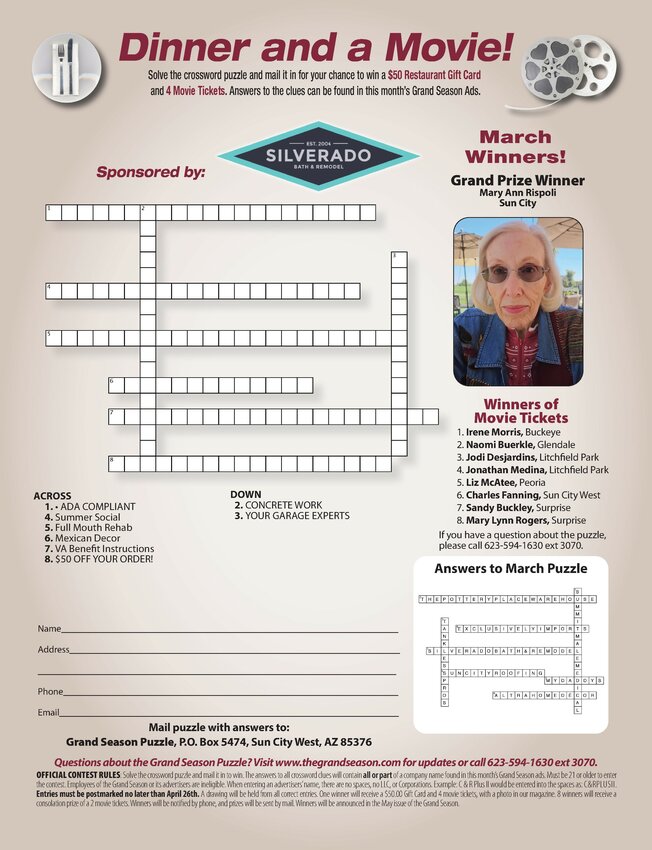FRIENDSHIP
Breaking the cycle of loneliness
According to an AARP study, one-third of seniors are lonely. Another study revealed that loneliness and social isolation can cause increased mortality. Yet another study talks about cognitive decline and depression.
It can be a vicious cycle: If you're depressed, you don't want to go out, which makes you more socially isolated, which worsens your depression. You might not feel valued, especially if you've recently retired, or you've lost a spouse and therefore your previous social group, or you don't know if you'd be welcome in new places.
There are a number of ways to fight loneliness, but you have to take the steps to break the cycle. The biggest (and sometimes hardest) step is to get out of the house. Just go.
Talk to people while you're out. You never know what doors might open just saying hello to someone.
Start a new hobby, ideally one that involves others.
Get off the computer. Many turn to technology and social media, but it's really not a cure for loneliness, which makes us more vulnerable to scams.
Join a group, whether at the senior center or library, ideally a group where people have to talk anyway, such as a reading group. Take a class. Have you tried tai chi? If you knit or crochet, investigate those "coffee and caps" groups that meet once a week to socialize and make hats and mittens for kids.
Do you dance or sing? Square dancing is energizing, and choirs are uplifting. Volunteering to walk dogs at the humane society accomplishes two things: you interact with others and you train a dog to become a better pet for a potential adopter.
No, you won't become close pals with everyone you meet, but you are likely to develop a few quality relationships. You just need to take the first steps.




























